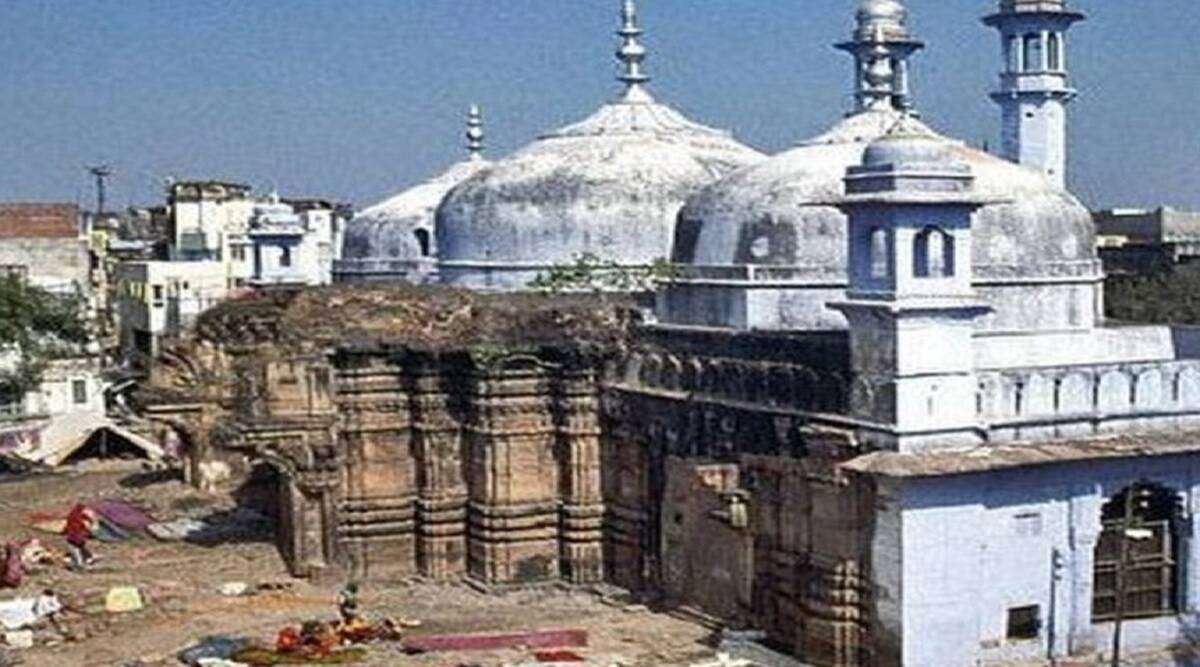The Archaeological Survey of India (ASI) in its scientific survey report on the disputed Gyanvapi structure has concluded that there existed a Hindu temple at the site prior to the construction of the existing structure. As per the report, the pre-existing structure was destroyed in the 17th century during the reign of Islamic ruler Aurangzeb.
“The pre-existing structure appears to have been destroyed in the 17th century, during the reign of Aurangzeb, and part of it was modified and reused in the existing structure. Based on scientific studies/ survey carried out, study of architectural remains, exposed features and artefacts, inscriptions, art and sculptures, it can be said that there existed a Hindu temple prior to the construction of the existing structure,” the ASI report said.
Further, sculptures of Hindu deities and carved architectural members were found buried underneath, the report said.
A total of 34 inscriptions were recorded during the present survey and 32 Estampages were taken. These are, in fact, inscriptions on the stones of the pre-existing Hindu temples, which have been re-used during the construction/ repair of the existing structure. They include inscriptions in Devanagari, Grantha, Telugu and Kannada scripts, as per ASI.
The ASI says that the reuse of earlier inscriptions in the structure suggests that the earlier structures were destroyed and their parts were reused in construction/ repair of the existing structure. Three names of deities such as Janardhana, Rudra, and UmeSvara are found in these inscriptions.
The ASI further states that terms such as Maha-muktimarfapa mentioned in three inscriptions is of significance.
Notably, author Saqa Mustad Khan recorded in his contemporary work Masir-i-Alamgiri, “It was reported (in year 1669) that according to the Emperor’s (Aurangzeb) command, his officers has demolished the temple of Viswanath at Kashi.”
In August, last year, the Supreme court rejected the plea by the Muslim side challenging the survey and said that the High Court order for the survey does not warrant interference by the top court at this stage and such a survey was conducted even in the Ayodhya case.














